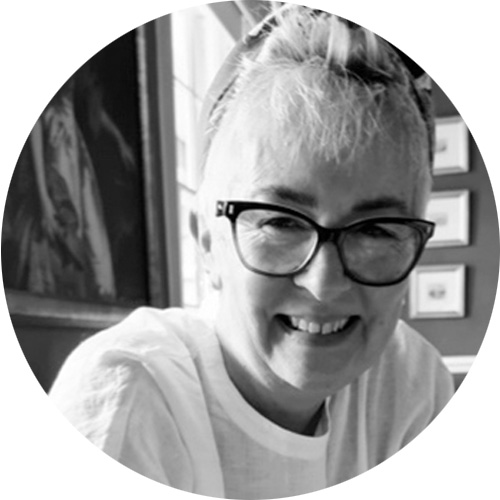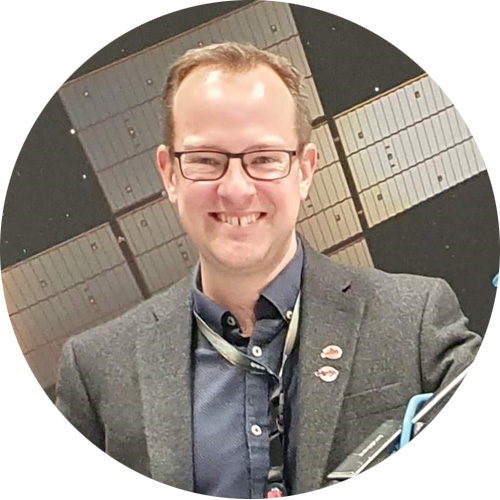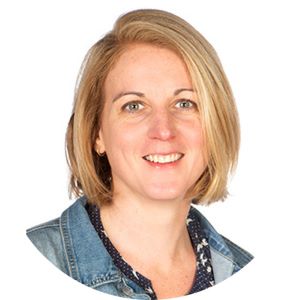The Centre first opened in 2011 and (pre-COVID) attracted over 150,000 visitors each year, including 25,000 school children, who participate in a curriculum-linked Education programme. The Centre takes innovative approaches to increasing diversity and engaging new audiences with science, including events (such as ‘Girls Night Out’) that create welcoming and non-intimidating spaces for women/girls and others who may feel that STEM ‘isn’t for them’.
In 2016, Teresa, together with Tim O’Brien, co-founded the Bluedot Festival at Jodrell Bank, which brings together science, music, art and culture to celebrate human creativity and break down the barriers between these sectors. The festival typically attracts 25,000 people to Jodrell Bank over the festival weekend.
Teresa led, together with Tim O’Brien, the ten-year project that resulted in Jodrell Bank being awarded UNESCO World Heritage Site status in 2019.
She also led the 8 year long project that resulted in the opening of the £21million ‘First Light Pavilion’ at Jodrell Bank in June 2022.
In 2013 Teresa was awarded an MBE in the Queen’s Birthday Honours list for services to Astrophysics. In 2014 she was awarded the Institute of Physics Kelvin Medal for Public Engagement with Physics.
Talk: Science in Culture; innovations in public engagement at Jodrell Bank
Jodrell Bank Observatory is known for the iconic dish of the Lovell Telescope, its ground-breaking research and its role in the early space race.
Recognised as a UNESCO World Heritage Site in 2019 and home to the innovative Bluedot festival, the site is also now home to the spectacular First Light Pavilion.
It’s also, now, a point at which science and culture combine and collaborate, in the form of the Jodrell Bank Centre for Engagement (JBCE), which welcomes the public, schools, festival-goers, heritage buffs and culture vultures to the Observatory, engaging them with its work.
Teresa Anderson, Founder and Director of JBCE will talk us through the process of setting up the Centre, its aims, innovations and aspirations. She will talk us through the ups and downs of gaining World Heritage Status and the Bluedot festival (mud included) and explore the place of science in culture and culture in science.


.jpg)










